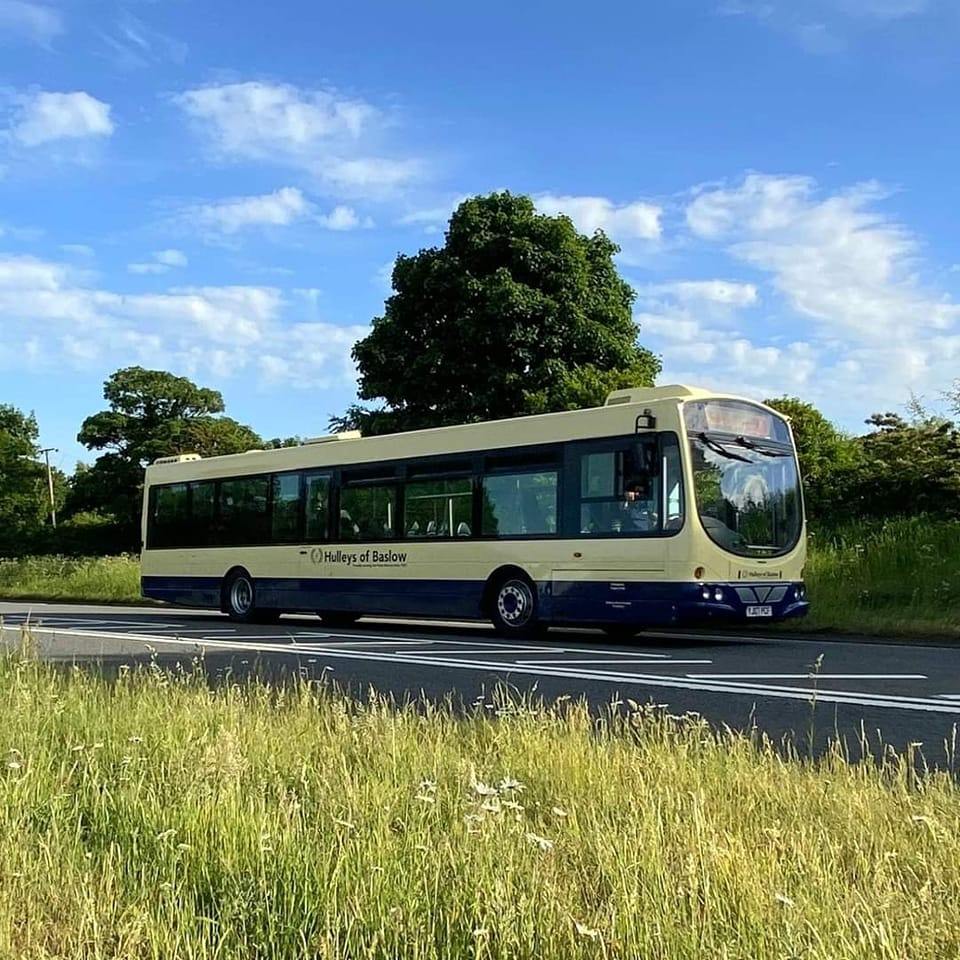March 17 2024
The Confederation of Passenger Transport (CPT) team headed to Parliament on 28 February to launch the new report from its Rural Zero-Emission Bus Taskforce.
Delivering Zero-Emission Bus Services to Rural Areas unpacks the significant challenges facing rural bus services. These include the cost of zero-emission buses – which are substantially higher than diesel, the infrastructure challenges caused by limited facilities in rural areas, and the insufficient range currently delivered by existing zero-emission vehicle technologies.
It was encouraging to see so many MPs attend our event and keen to engage with the topic. For many of them, the most pressing challenge they face is ensuring rural areas in their constituencies have adequate bus services of any type. Many also think, if we are going to devise innovative solutions to deliver the kind of effective and sustainable services that rural communities deserve, these should also employ zero-emission technology. Let’s tackle both problems together.
Andrew Jones MP kindly hosted the launch, and we were also delighted to welcome many other politicians, including shadow Local Transport Minister Simon Lightwood MP. It was encouraging to hear them speak so passionately about the importance of buses, and their part in efforts to realise our net-zero commitments. The shadow minister also made plain he is keen to engage regularly with the sector and to collaborate with CPT.
We also hosted many key stakeholders who will be at the forefront of making this report’s findings a reality. These included Department for Transport officials no doubt thinking hard about this subject and their imminent announcement about the third tranche of Zero Emission Bus Regional Areas funding that we are told will prioritise rural services.
We also welcomed the chance to speak with colleagues from the Association of Transport Co-ordinating Officers about how we can build on the great partnership work already taking place across the country to drive the transition to zero-emissions in coach and bus transport. Clearly, there’s a real desire among all key stakeholders to work together to meet the challenge.
Our report makes clear that partnerships between the sector, government and local transport authorities will be vital. It also explains how the sector already has a framework in place to make this happen, and how operators – ready and willing to play their part – are already going above and beyond with an array of innovative solutions.
Take, for example, First Bus’s Caledonia depot in Glasgow – the UK’s largest EV hub with more than 150 rapid charge points. The First Bus electric fleet charges overnight but, during the day (while buses operate), other local companies utilise the same infrastructure to charge their vehicles.
Within this approach, First Bus has collaborated with DPD and Police Scotland, enabling them to charge their zero-emission vehicles within 30-40 minutes, purchasing only the energy they use.
First Bus has also developed another partnership with Openreach where initially the broadband provider can charge 30 vehicles at First Bus depots in Glasgow, Aberdeen and Leicester.
This report is just the start of a crucial conversation. Collaborative effort by a range of stakeholders to develop essential shared infrastructure offers a key pathway and opportunity to accelerate the introduction of net-zero technologies. CPT is confident this kind of approach will deliver the environmental and social benefits of a sustainable and continuously improving rural bus network.
First published 17 March 2024, Route One magazine.
